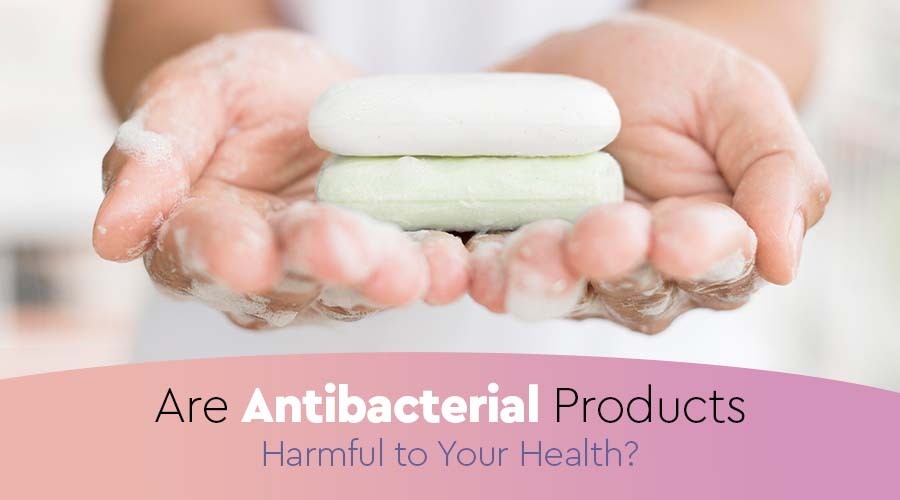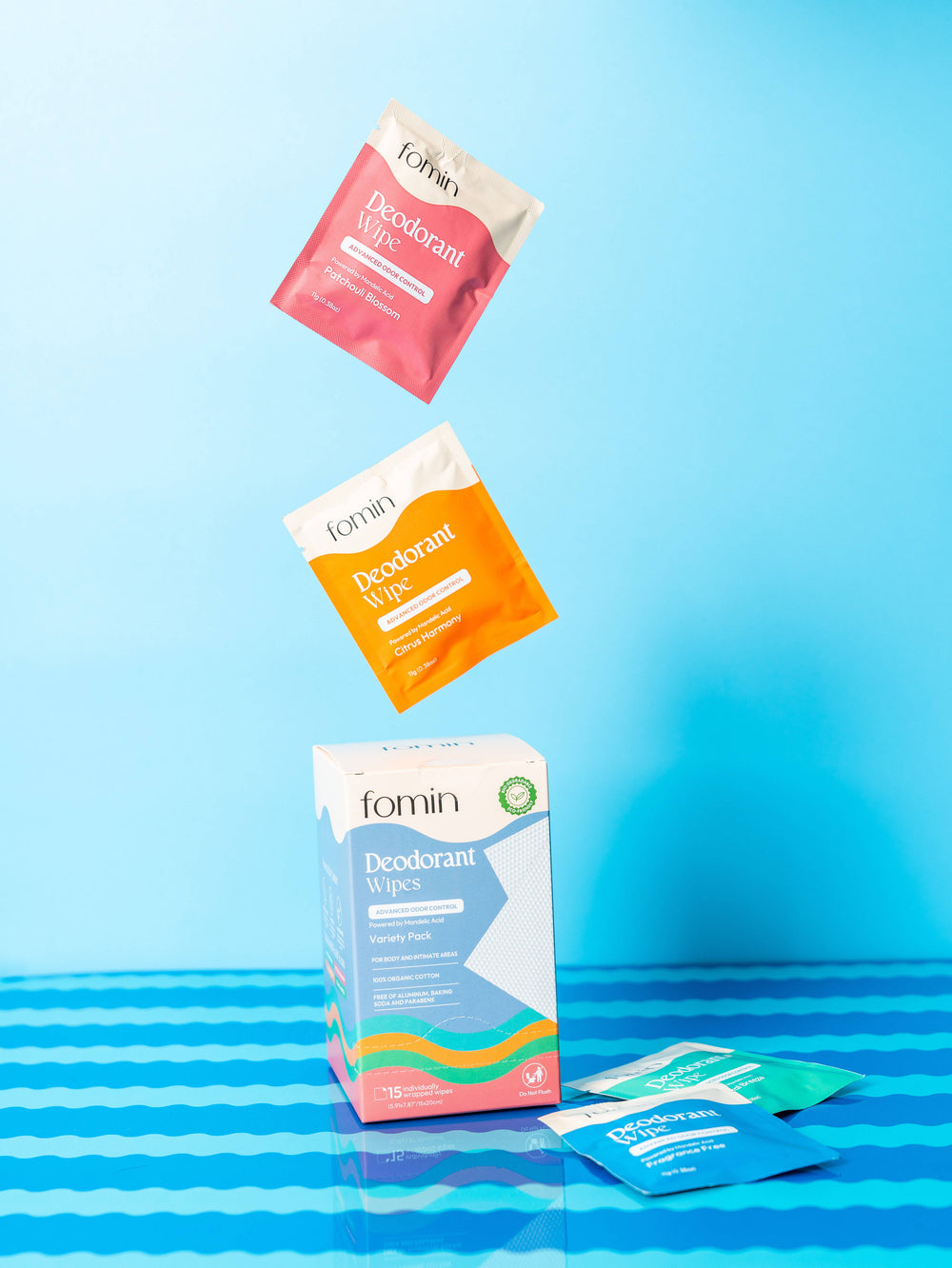
Unveiling the Truth: Are Antibacterial Products Harmful to Your Health?
Share
Antibacterial products have become a ubiquitous part of our daily lives, promising to protect us from harmful germs and bacteria. But as we rely on them more and more, questions about their safety have arisen. Are antibacterial products truly effective, or are they doing more harm than good? This article explores the topic comprehensively, providing you with all the information you need to make an informed decision.
Introduction
Antibacterial products, including hand sanitizers, soaps, and surface cleaners, have gained immense popularity, particularly in the wake of global health concerns. While they offer convenience and the promise of better hygiene, there is a growing debate about their potential harm to both individuals and the environment. This article aims to shed light on the various aspects of antibacterial products, addressing their safety, effectiveness, and eco-friendliness.
The Pervasive Use of Antibacterial Products
In our germ-conscious world, antibacterial products have become household staples. From hand sanitizers in our bags to antibacterial wipes in our kitchens, these products have infiltrated every aspect of our lives. But the question remains: are we overusing them, and what impact does this have on our health?
Antibacterial products are now so prevalent that they can be found in nearly every home. They promise to keep us safe from germs, but concerns have been raised about the long-term consequences of their widespread use.
The Effectiveness Debate
While antibacterial products claim to kill germs, the effectiveness of some of these products has been questioned. Not all antibacterial agents are created equal, and some may not provide the level of protection they promise. Furthermore, their excessive use may contribute to antibiotic resistance, a significant public health concern. The solution is to use FDA-approved products like Fomin bathroom refills.
The Harmful Chemicals
One of the primary concerns with antibacterial products is the presence of harmful chemicals, such as triclosan and triclocarban, in many of them. These chemicals have raised alarms due to their potential health risks, including hormonal disruptions and allergies. It is essential to understand what ingredients are in the antibacterial products you use. For a more comprehensive analysis, you can check our guide on anti-bacterial soap vs plain soap.
Alternatives to Health-Risk Antibacterial Products
There are alternatives to antibacterial products that may offer a safer and more eco-friendly way to maintain good hygiene. Natural soaps, for example, are a healthier choice for personal and environmental well-being. This section explores alternative options that can keep you safe without the potential harm associated with antibacterial products.
Eco-Friendly Cleaning with Fomin - A Greener Choice
Fomin is your trusted partner for eco-friendly cleaning products. Our commitment to the environment is evident in every aspect of our products. We are proudly 100% Leaping Bunny Cruelty-Free, ensuring no animals are harmed in the creation of our cleaning solutions. But that's not all - each Fomin purchase helps remove 12 ocean-bound plastic bottles from polluting our oceans, substantially impacting the fight against plastic pollution. Our dedication to sustainability extends to our packaging, which is 100% TUV Certified compostable. As concerns about plastic pollution rise, Fomin offers an effective, eco-friendly, and responsible choice for a cleaner, greener future.
Eco-Friendly Alternative - Fomin Soap Sheets and Tablets
At Fomin, we believe that cleanliness should not come at the cost of our planet's well-being. That's why we're excited to share our revolutionary products – Fomin Soap Sheets and Tablets – designed to transform your clean routine while prioritizing both your health and the environment.
Fomin Soap Sheets: Clean on the Go, Without Compromise
Our Soap Sheets were the very products that sparked our journey towards a cleaner, greener world. With Fomin Soap Sheets, you can stay clean and refreshed no matter where life takes you. Here are some standout benefits:
- Compostable Packaging: We're committed to sustainability. All our soap sheets come in 100% TUV-certified compostable packaging, ensuring that your clean routine leaves no harmful footprint behind.
- A Scent for Every Mood: Fomin Soap Sheets are available in a range of delightful scents, including lemon, orange, rose, jasmine, lavender, and tea tree. Choose your favorite and indulge in a refreshing cleansing experience.
- Ingredients You Can Trust: We prioritize your well-being. Our soap sheets contain ingredients like Sodium Lauryl Sulfate, Tapioca Starch, Polyvinyl Alcohol, Aqua, Glycerin, Cocamide Mea, and essential oils in various scents. Say goodbye to harsh chemicals and additives.
Fomin Soap Tablets: Transforming Your Home Cleanliness

When it comes to your home, we understand the importance of cleanliness and sustainability. That's where Fomin Soap Tablets come in, offering a convenient and eco-friendly solution:
- Long-Lasting Performance: Each tablet provides 9oz (250ml) of rich, full-bodied, antibacterial foaming hand soap. It's a little tablet with a big impact, ensuring that your hands stay germ-free and your home stays clean.
- Thoughtfully Selected Ingredients: Our soap tablets are formulated with care, containing ingredients like Citric Acid, Sodium Bicarbonate, Sodium Dodecyl Sulfate, Disodium EDTA, Glycerin, and Polyethylene Glycol. We've also added fragrances to enhance your cleaning experience.
At Fomin, we take pride in offering you effective, planet-friendly alternatives to traditional soap products. With our Soap Sheets and Tablets, you can embrace cleanliness without compromise, knowing that you're making a positive impact on your health and the environment. Join us in this clean revolution, where every choice matters – for our planet, for you, and for future generations. Together, we can make a cleaner, greener world a reality.
Join the Movement with Fomin: A World Free from Plastic
At Fomin, our mission is clear: to create a world that's free from plastic pollution. We're not just a brand; we're a collective effort to drive change. With every purchase of our Eco Clean Towels, Deodorant Wipes, Bathroom Refill Packs, and Hand Soap Sheets you're preventing 12 ocean-bound plastic bottles from harming our oceans.
Join us today in our commitment to a plastic-free world. Every purchase, every choice - it all adds up to a cleaner future. Let's turn the tide on plastic pollution and pave the way for a greener, more sustainable world.
Summary
In the debate over whether antibacterial products are harmful, the answer lies in striking a balance. While they offer convenience and hygiene benefits, their excessive use and the presence of potentially harmful chemicals raise valid concerns. To protect both yourself and the environment, it's crucial to make informed choices, use these products judiciously, and explore safer alternatives.
Are antibacterial products harmful? The answer is nuanced, but by understanding their potential risks and benefits, you can make choices that promote your well-being while minimizing harm to the environment.
Are Antibacterial Products Harmful – FAQs
Are antibacterial products completely ineffective?
No, not all antibacterial products are entirely ineffective. Some do kill germs, but their effectiveness can vary. It is crucial to choose products with proven efficacy and to use them correctly.
Can antibacterial products contribute to antibiotic resistance?
Yes, the overuse of antibacterial products may contribute to antibiotic resistance. This is a significant concern in the medical community. Using antibacterial products wisely can help mitigate this risk.
Are there eco-friendly alternatives to antibacterial products?
Yes, there are eco-friendly alternatives, such as Fomin soap sheets, refills, and alcohol-based sanitizers. These products can help you maintain good hygiene while minimizing environmental impact.
How can I make an informed choice about antibacterial products?
To make an informed choice, research the ingredients in the products you use, pay attention to their effectiveness, and consider eco-friendly alternatives. Consulting with a healthcare professional can also provide valuable guidance.
Should I stop using antibacterial products altogether?
Not necessarily. Using antibacterial products in moderation and choosing those with safer ingredients is a more balanced approach. It's essential to be mindful of their potential risks and benefits.



